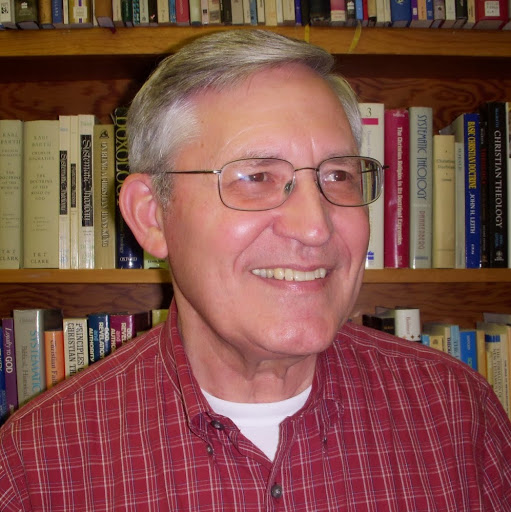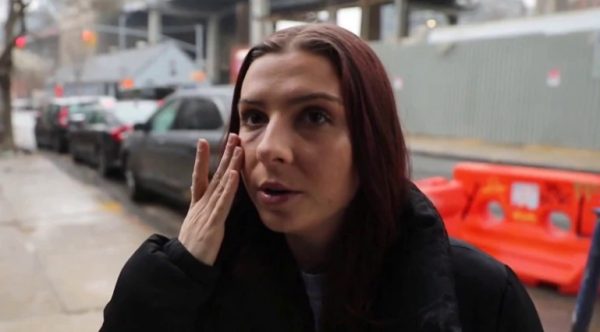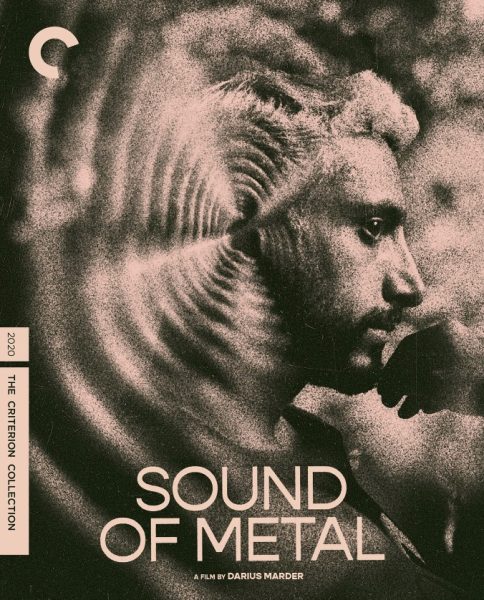Career Spotlight with Dr. Bill Stancil: How to love your discipline

October 29, 2020
Editor’s note: Dr. Bill Stancil, a long time Rockhurst professor, is interviewed about how to love your chosen discipline. This interview is a part of a series called “Career Spotlight,” highlighting the amazing professors at Rockhurst and discussing their career paths.
What first sparked your interest in studying religion?
I have always been engaged in religion personally, but my real interest has been in Christian theology, which focuses on the belief systems of Christianity.
What interested you the most about religion?
I have been drawn to the ways in which Christians over the centuries have expressed their faith in liturgical practices, ethical values, and creedal statements. I find the variations to be fascinating.
What experience has been the most impactful in your professional career?
The most impactful has been my ability to keep faith with my own beliefs when those beliefs were under attack by other people or institutions. My beliefs have not been without controversy!
What experience or who influenced your career choice the most?
When I entered college, I had no idea what I wanted to do. But by the time I left college, I knew I wanted to teach at the collegiate level. What I didn’t know was what I wanted to teach. I enrolled in a graduate program in English literature, but before I could get started, I was drafted into the U.S. Army. It was during my time in the Army that I decided theology was the direction I was going.
How many years have you been a professor for?
I am completing my fortieth year of teaching, twenty-five of those years at Rockhurst.
How do you stay passionate about the material?
For me, the way to stay passionate about the material is to read, read, read. Reading keeps one up to date in one’s field and provides new insights to pass on to students.
What is your favorite part of your career?
Without a doubt, the actual interaction with the students brings the greatest joy.
You taught for The International Theological Seminary in Buenos Aires, Argentina, how does teaching in Argentina compare to the States?
Teaching in another language is always a challenge, but this was especially true for me since this was my first teaching post. But the Argentine people in general and the students in particular were wonderful. I loved their friendliness, their obsession for football (soccer), and their passion for a good asado (Bar-B-Q).
Do you miss living in Argentina?
The people were wonderful, but the times were not. I lived in Argentina during the rule of brutal dictators who squashed civil rights and conducted a reign of terror on the citizens. I do not miss that at all.
Out of all the places you’ve taught, what place gave you the most academic or professional growth?
Most of my 40 years has been at Rockhurst, where most of my academic and professional growth has occurred.
What are the biggest challenges you’ve encountered in your career?
University academics have changed quite a bit in my forty years of teaching. The biggest challenge today is time. There are many demands on the time of a university professor that did not exist when I started teaching. Ironically, many of these demands relate to technology, which was supposed to free up time. Institutional rules and regulations abound today that were nonexistent when I began teaching.
What is an “ah-ha” moment you’ve had throughout the years, where your academic learning collided with firsthand experience?
Most of my “ah-ha” moments come after students have graduated, when I receive a letter or email thanking me for something that I said in class that proved helpful later in life.
If you could give your younger self one piece of advice, what would it be?
I have taught in four educational institutions, or, as I like to say, I have been institutionalized all of my life! All four had noble mission statements rooted in a religious tradition. In spite of that, I have learned—often the hard way—that institutions don’t love you, and they are self-serving and self-protecting. I would tell my younger self, “Love your students and your discipline, but do not give your heart to an institution.”
Edited by Emma Martinez












Randall J Pannell • Mar 12, 2022 at 8:30 am
Well said!